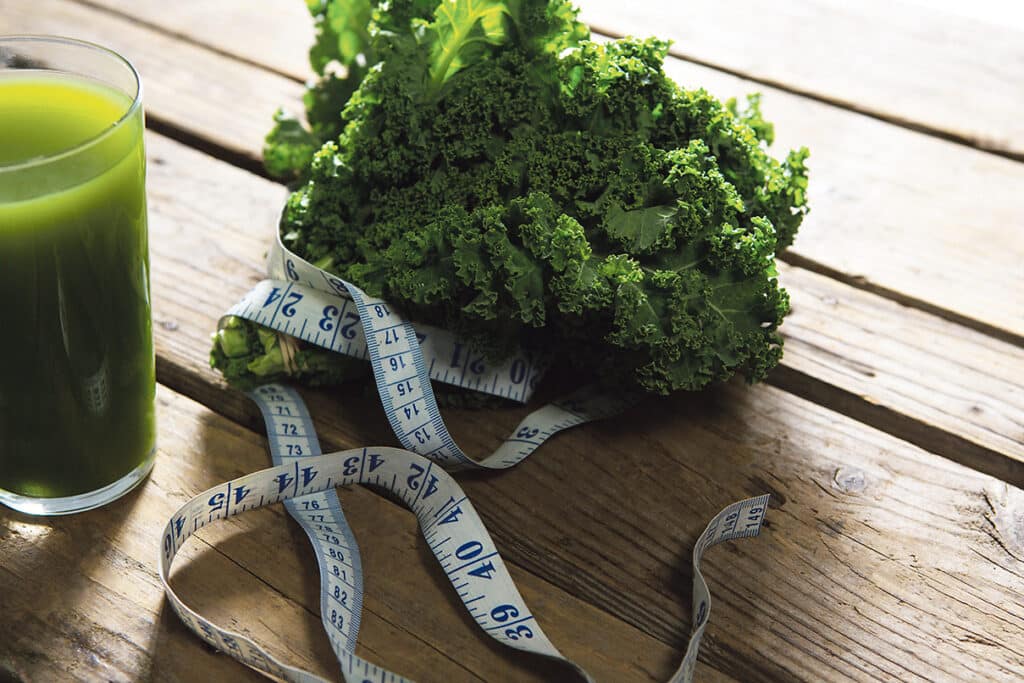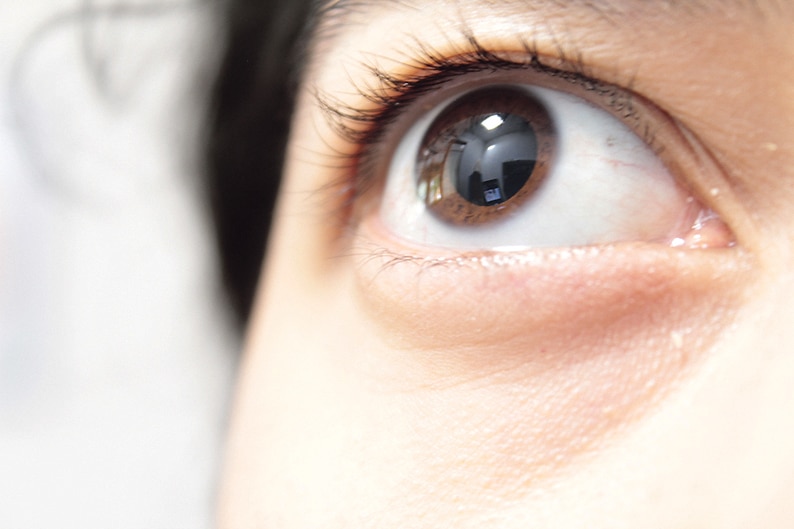
Amanda Roe: Acupuncture and Clinical Hypnotherapist.
Call 087 6331898
Email: amanda@roehealth.ie

An eating disorder is a very serious health condition that affects your mind, body and emotions. They can begin as emotional issues that cause stress, reduced appetite and disordered patterns of eating, or as dieting where nutritional deficiencies start to affect memory, mental health and cause unhealthy behaviours like skipping meals, binge eating, food restriction, weight loss and weight gain.
With the use of smartphones we are less aware of the influences that others have on our children and so it is important to be aware of mood changes, low energy, withdrawal from family, friends or school, fixation with body image and weight loss.
What can initially appear as a desire to get fit and healthy can lead to fad diets, over-exercising or skipping meals.
As parents it is important to be aware that fixation on weight can start at a surprisingly young age; in fact statistics indicate that that 81 per cent of 10-year-olds are afraid of being overweight and 46 per cent of nine to 11-year-olds are already sometimes or very often on diets.
Eating disorders affect boys and girls and often develop slowly over time. Because they can be camouflaged as getting healthy, it may take family members a year or more to realise that there is a serious problem. Therefore it is important to watch out for disorders patterns of eating and unhealthy weight control techniques such as skipping meals, fasting, smoking cigarettes, vomiting and taking laxatives.
Diets don’t work, they lead to unhealthy eating habits and cravings or binge eating when our body is hungry or not receiving enough nutrition.
Because it is so common for eating disorders to start off as dieting or ‘healthy eating’, it is important for parents to be aware that healthy eating means eating nutritionally dense foods from all of the following food groups daily.
Vegetables – are an important source of fibre, minerals and vitamins. Eat a diverse selection; I love the expression “eat the colours of the rainbow” i.e. peppers, tomatoes, carrots, salad leaves, broccoli, cabbage, spinach, celery and so on.
Fruit – are a source of antioxidants and vitamins.
Carbohydrates – Vegetable and fruit are carbohydrates. The national recommendation is five a day of fruit and veg. I find most people eat more fruit than vegetable and I prefer Australia’s policy of 2 fruit and 5 veg a day as most essential nutrients are found in vegetables. Wholegrain carbohydrates include foods like quinoa, oats, sweet potato, brown rice, wholegrain breads and potatoes.
Proteins – Animal proteins like eggs, fish, meat and dairy are essential. They are your only natural source of B12. B12 provides energy, helps to make DNA, and keeps the body’s nerve and blood cells healthy. Other sources of protein are beans and pulses such as lentils and chickpeas, seeds and nuts, soy products like tofu and the grain quinoa. However beware you only get B12 from eating food from animal sources of protein so becoming vegan has longterm health implications.
Essential Fats – are needed so the body can absorb fat soluble vitamins A, D, E and K. The best food sources of essential fats are avocado, chia seeds, eggs, fresh tuna, herring, mackerel, salmon, trout, flax seeds, almonds, brazil nuts, walnuts, organic nut butters, olives, olive oil, flax oil.
Eating sugar, junk food and processed carbs will deplete nutritional reserves, so encouraging your child to eat a wide range of vegetables will help to replenish these reserves. If you feel their diet could be better then supplementing with a good quality multivitamin and Omega 3 from the health food shop is a good idea.
Many children and adults skip breakfast but it is in fact the most important meal of the day, as it gives you the physical and mental energy to be active and productive. There is little or no nutritional value in cereal so encourage them to think differently about breakfast, perhaps eating leftover dinner or freshly squeezed orange juice, porridge with seeds and nuts, a boiled egg, wholegrain toast and coffee with some pouring cream – this is nutritious and delicious, will curb cravings and set them up for the day.
If you feel your child’s disordered patterns of eating are rooted in anxiety, fear or other emotional issues or causing black and white thinking or OCD behaviours then seek help.
Amanda Roe is a Clinical Hypnotherapist and Acupuncturist. She uses a range of holistic therapies including guidance around food to improve physical, emotional and mental health and support natural recover from trauma, eating disorders and other chronic health conditions. For more information or to book a session visit www.roehealth.ie or call/text Amanda on: 087 633 1898.


